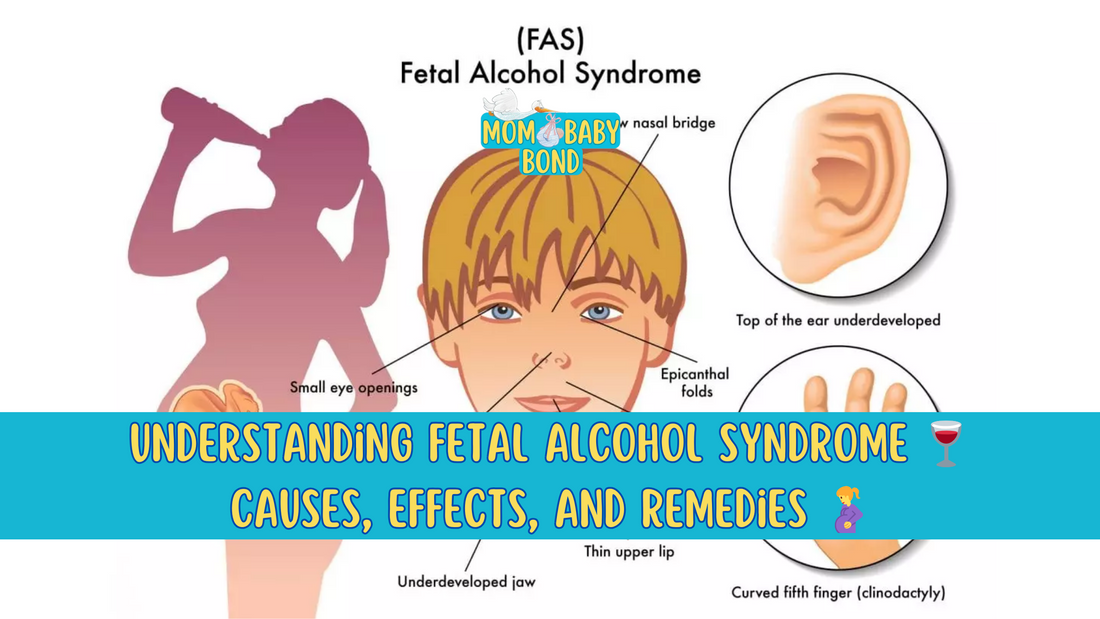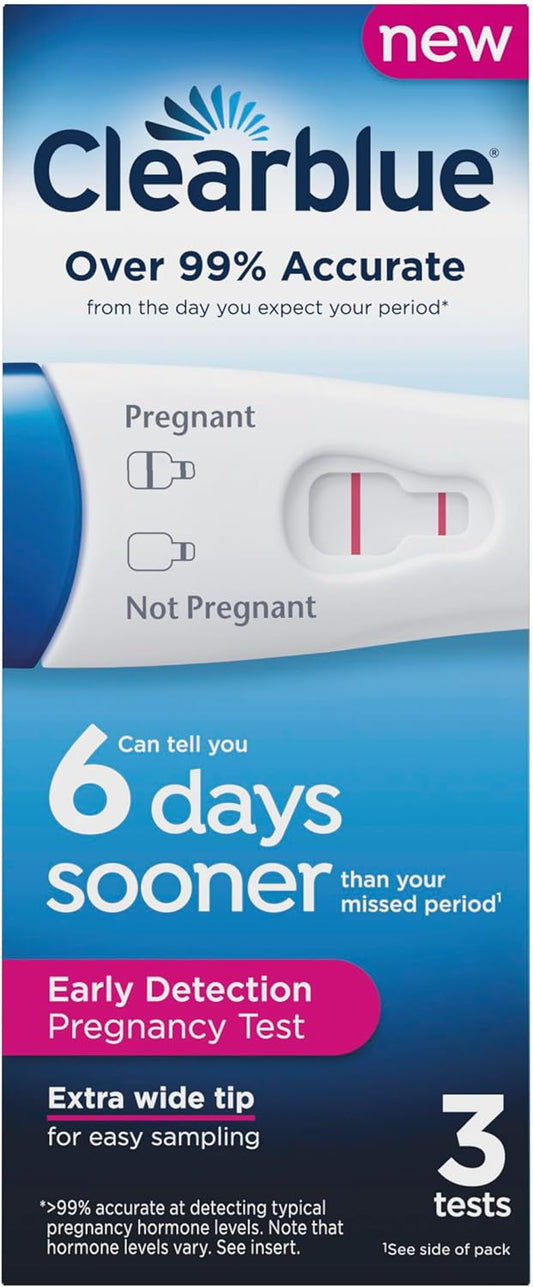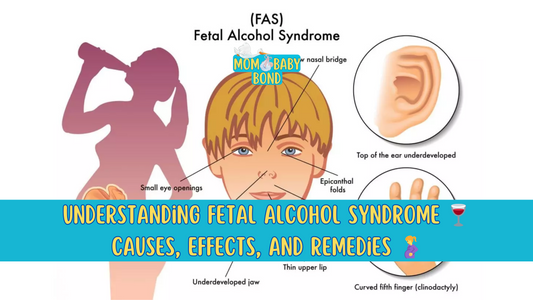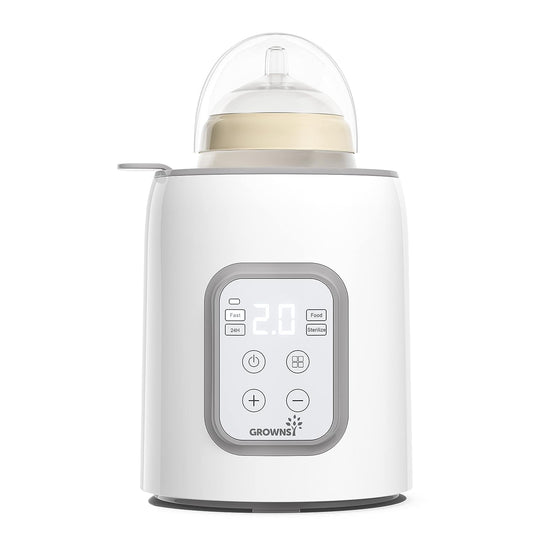Fetal Alcohol Syndrome (FAS) is a serious and preventable birth defect caused by maternal alcohol consumption during pregnancy. This condition can lead to a range of physical, behavioral, and cognitive impairments in the affected child. In this blog post, we will explore the causes, effects, and potential remedies for Fetal Alcohol Syndrome.
Causes of Fetal Alcohol Syndrome:
FAS occurs when a pregnant woman consumes alcohol, and the alcohol passes through the placenta to the developing fetus. The developing organs of the fetus, especially the brain, are highly susceptible to the toxic effects of alcohol. The timing, amount, and frequency of alcohol consumption during pregnancy can all contribute to the severity of FAS.
Effects of Fetal Alcohol Syndrome:
Physical Effects:
- Facial abnormalities: Children with FAS often exhibit distinctive facial features such as a smooth ridge between the nose and upper lip (philtrum), thin upper lip, and small eye openings.
- Growth deficiencies: FAS may lead to poor growth both before and after birth, resulting in low birth weight and height.
Neurological Effects:
- Intellectual disabilities: FAS can cause cognitive impairments, affecting a child's ability to learn and process information.
- Behavioral problems: Children with FAS may experience difficulties with attention, hyperactivity, and poor impulse control.
Organ Damage:
- Heart, kidney, and skeletal abnormalities may occur in severe cases.
Social and Emotional Challenges:
- Individuals with FAS often struggle with social skills, making it challenging to form relationships and function in various social settings.
Remedies and Support:
-
Prevention:
🚫 The most effective remedy for Fetal Alcohol Syndrome is prevention. Pregnant women should avoid alcohol entirely to protect their developing fetus from potential harm.
-
Early Intervention:
⏰ Early diagnosis and intervention can significantly improve outcomes for children with FAS. Specialized programs and therapies can address developmental delays and behavioral issues.
-
Medical Care:
👩⚕️ Medical professionals may provide supportive care for physical and developmental challenges associated with FAS. This could include medications, surgeries, or therapies tailored to the individual's needs.
-
Educational Support:
🎓 Children with FAS often benefit from special education services designed to meet their unique learning needs. Individualized education plans (IEPs) can help address cognitive and behavioral challenges.
-
Behavioral and Emotional Support:
🤝 Behavioral therapies and counseling can assist individuals with FAS in developing coping strategies and improving social skills.
Fetal Alcohol Syndrome is a preventable yet serious condition that can have lasting effects on a child's physical, cognitive, and behavioral development. By raising awareness about the risks of alcohol consumption during pregnancy and providing support and interventions for affected individuals, we can work towards minimizing the impact of FAS on families and communities. Remember, the best approach is prevention, and pregnant women should consult with their healthcare providers to ensure a healthy and alcohol-free pregnancy. 🌟












